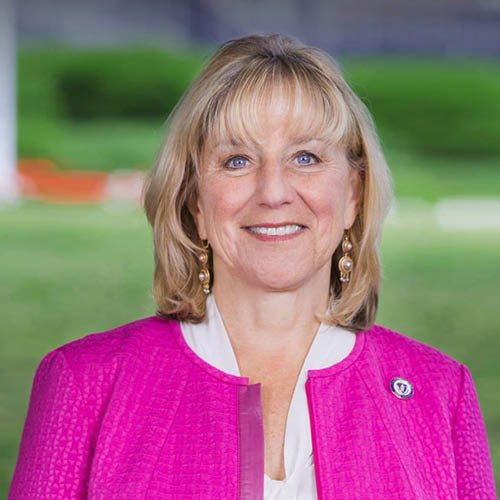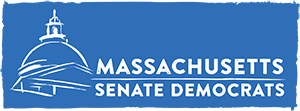State Senate passes COVID relief bill to help companies, workers

Jon Chesto | Boston Globe | March 18, 2021
The state Senate passed its version of a multipronged COVID-19 relief bill on Thursday, with plans to get legislation on Governor Charlie Baker’s desk within the next week.
If signed into law, the legislation would freeze unemployment insurance rates to prevent a 60 percent increase from hitting employers, and ensure that thousands of affected small businesses would not need to pay taxes on loans from the federal Paycheck Protection Program that were forgiven last year.
The bill also includes key worker protections: guaranteed emergency paid leave of up to five days for COVID-19 reasons, including for a quarantine or to care for a family member, and tax relief for low-income workers who received unemployment benefits.
On Thursday, the Senate added an important provision: an extension of the primary state tax-filing deadline from April 15 to May 17, to keep Massachusetts in accord with the new federal deadline.
Senator Diana DiZoglio attempted to add amendments to help restaurants by extending a 15 percent rate cap on third-party delivery fees and permission to sell “cocktails to go.” The Legislature previously adopted such restaurant relief measures, temporarily the pandemic. DiZoglio argued to extend the cocktails-to-go provision for two years and to make the delivery rate cap permanent, but a majority voted against her amendments.
The Senate’s COVID-19 relief bill is similar to one passed by the House of Representatives last week. Previously, both branches’ leaders reached a deal on the legislation’s broad outlines. But there are still differences to be resolved. For example, the House caps the amount of unemployment tax relief to be doled out to low-income workers at $30 million for 2020 taxes, while a spokesman said the Senate version could cost up to $126 million.
Senate President Karen Spilka said she is optimistic the differences could be ironed out quickly, and that Baker would get the bill by the end of next week. The Department of Unemployment Assistance typically sends out bills for unemployment insurance premiums by the end of March.
The state’s new paid medical leave program, which took effect Jan. 1, doesn’t cover a worker’s first week off the job. Spilka said it was crucial to create an “emergency leave” program to address that gap for people affected by COVID-19. The bill sets aside $75 million for COVID-19 leave, to be paid for with either federal relief money or state funds, or a mix, she said.
“We needed to figure out a way to give emergency paid sick leave to employees, especially our front-line workers, our essential workers,” Spilka said. “Just like they have helped us out in the last year, we should be helping them out.”
Senator Eric Lesser has been pushing for PPP tax relief. Congress has already decided that loans-turned-to-grants would not be subject to federal taxes. Because of a quirk in state law, that policy carries through on the state side for businesses set up as corporations for tax purposes, but not for those that are set up as “pass-through entities” in which profits are taxed on the individual owners’ personal returns. Lesser was glad to see the PPP issue addressed in a broader bill.
“The combination really does make this aid package unique among states in the country,” Lesser said. “We need to help our small businesses, but we also need to help the lower-wage workers who, by far, have been hardest hit from the COVID layoffs.”
Business groups didn’t seem worried that the differences between the House and Senate would derail the bill, or prevent it from becoming law in time to avoid a huge unemployment insurance increase in the next two weeks.
“Both the House and the Senate have recognized how important this bill is to businesses and workers, and I’m sure they will get it done,” said Carolyn Ryan, a senior vice president at the Greater Boston Chamber of Commerce.
Jon Hurst, head of the Retailers Association of Massachusetts, said he welcomed the unemployment insurance rate relief. But he worries that employers will still be on the hook for replenishing the state’s unemployment fund. The bill authorizes the state government to borrow as much as $7 billion for this purpose, but those bonds would eventually be paid back with assessments on employers.
“This doesn’t close the books on UI,” Hurst said. “We still have a tremendous UI problem that is not of the employer community’s doing. That debt needs to be covered.”
